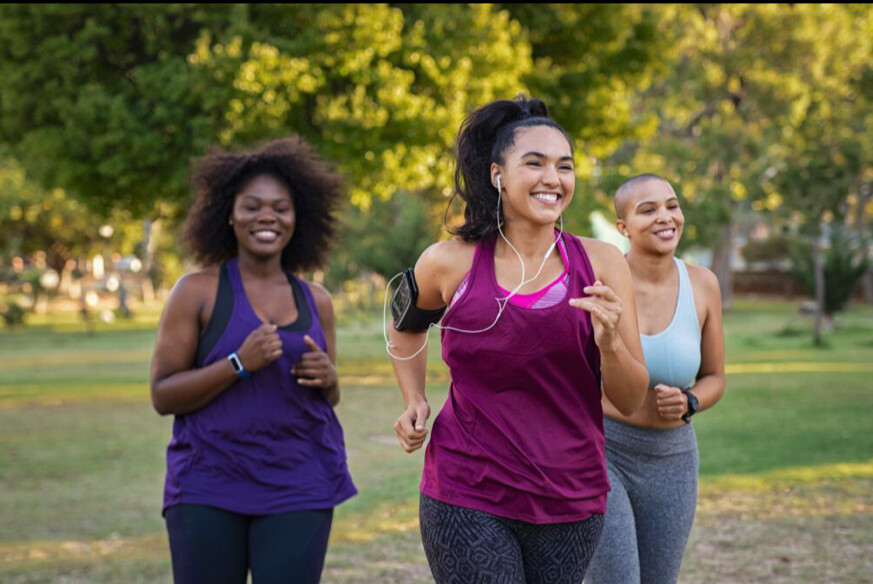Running News Daily
Running News Daily is edited by Bob Anderson. Send your news items to bob@mybestruns.com Advertising opportunities available. Train the Kenyan Way at KATA Kenya and Portugal owned and operated by Bob Anderson. Be sure to catch our movie A Long Run the movie KATA Running Camps and KATA Potato Farms - 31 now open in Kenya! https://kata.ke/
Index to Daily Posts · Sign Up For Updates · Run The World Feed
Women are dropping out of sports at alarming rates, new study finds
The largest-ever study on the gender exercise gap, conducted by ASICS, has revealed a strong positive link between exercise and women’s mental health. Alarmingly, the study also brought to light the fact that more than half of women globally are dropping out of sports or completely stopping exercise, Forbes reported.
The study, conducted on over 25,000 people and led by Dr Dee Dlugonski and Professor Brendon Stubbs, underscores the profound link between women’s exercise levels and mental well-being. Women report being 52 per cent happier, 50 per cent more energized, 48 per cent more confident, 67 per cent less stressed, and 80 per cent less frustrated during exercise.

Barriers and disparities
The global study found that more than half of women express dissatisfaction with their exercise levels, encountering barriers throughout their lives. Pressing challenges include time constraints (74 per cent), low self-confidence (35 per cent), intimidating environments (44 per cent), and not feeling sporty enough (42 per cent). Motherhood emerges as a significant factor, with 61 per cent of mothers attributing their discontinuation of regular exercise or sports to it, shedding light on the impact of caregiving responsibilities and societal expectations.
Men’s perceptions of the challenges women face differ quite widely from the reality faced by women. Only 34 per cent of men recognized time constraints as a barrier to exercise for women, compared to the three-quarters of women who cited it as a major issue. Men predominantly identified body insecurities (58 per cent) as what they thought was the main hindrance, while only 36 per cent of women said this was their dominant obstacle.
Friendship and health as motivation
The study reveals that over a third of women consider friends as their most crucial exercise influencers, emphasizing the importance of relatability over celebrity influence. Women universally express motivation for exercise based on mental (92 per cent) and physical (96 per cent) health rather than aesthetics.
Dlugonski emphasizes the complexity of the gender exercise gap, suggesting that a multifaceted approach is needed. “Given it has no sole cause, it [the gender gap] will not be solved with one single solution, but when asked what could help, women noted that making movement more accessible, inclusive and recognised in all forms, while challenging society’s gendered expectations, would support them in moving more,” she said.
Spotlighting change-makers
In light of this research, ASICS aims to recognize and celebrate individuals and organizations dismantling barriers for women in exercise and sports. The ASICS Move Her Mind platform showcases stories of impact, along with resources, activities, and tips to support more women in staying active.
by Running Magazine
Login to leave a comment




